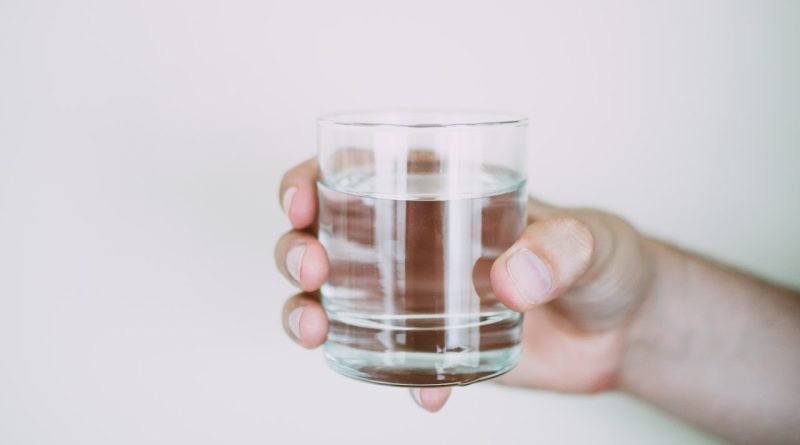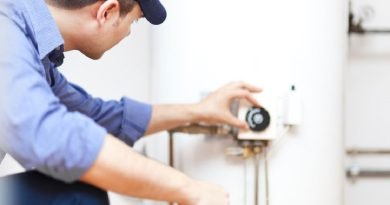Everything You Need to Know About Water Softeners
Do you have a water softener? If not, you may want to consider purchasing one. Water softeners are important for households with hard water. If you’re not sure what a water softener is or why you need one, keep reading.
Water softeners eliminate calcium and magnesium from water. Hard water can make it difficult to clean clothes and dishes and cause water damage.
Softeners convert water’s minerals to sodium or potassium ions. Ion exchange describes this process. Sodium or potassium ions don’t make water hard, therefore water softeners make hard water much softer. Water softeners enhance water quality in many homes.
Best for Home and Business
Some people who live in areas with hard water may question whether or not they really need a filtration system. Scale buildup on pipes, dry skin and hair, and less efficient water-using appliances are just a few of the issues that can arise from hard water.
A water softener removes magnesium and calcium from hard water by exchanging them for sodium ions. Ion exchange is a technique that can keep your house or office safe from scale development that can cause costly repairs down the road.
In addition to making your skin and hair healthier, water softeners also help your appliances last longer. Water softeners can alleviate many of the problems associated with hard water.
Symptoms of Hard Water Problems Could Be Solved With A Softener System
The outcomes of hard water on your property and health are widespread and substantial. Fortunately, there are some easy measures you can perform to determine if you have hard water.
The presence of mineral deposits on furniture and appliances is a major warning flag. If your shower head or faucets have a white film or buildup, you probably have hard water.
Dry skin and hair are other common signs that you have hard water in your home. Due to its inability to lather as well as soft water, hard water can be drying and irritating to the skin.
Furthermore, harsh water can leave hair feeling lifeless and uninteresting. Any of these issues suggest that you could benefit from a water softening system.
To be sure you get the right equipment and get it installed correctly, consult a skilled expert. Your skin, hair, and general well-being will all improve once you start using softened water.
Costs and Maintenance
Softeners enhance water quality, but they’re expensive to install and maintain. Installation costs vary by home or office size and water softener type. Water softener installation costs between $600 and $1,200.
Professionals suggest servicing your water softener every one to three years, but expenses vary by model. Hiring a professional to maintain your water softener will help it last for years.
Installation
If you’re considering a water softener for your home, one of the first questions you might have is whether you can install it yourself. The answer to this question depends on several factors, including your level of experience and comfort with DIY projects, as well as the type of water softener you choose.
Some water softeners are relatively easy to install, while others require more time and effort. In addition, if you’re not comfortable working with plumbing, it’s probably best to hire a professional.
Otherwise, you might end up causing damage or incurring extra costs. Ultimately, the decision of whether to DIY or hire someone else to install your water softener is up to you. Just be sure to weigh all the pros and cons before making a decision.
As with any complex appliance, there’s always the potential for something to go wrong with your water softener – even if you’ve been maintaining it properly. So, if something does go wrong, who can help you troubleshoot and repair the issue?
Generally speaking, the technician who installed your water softener should be able to help you troubleshoot any problems that may arise. However, if the issue is something that requires a more hands-on approach, such as a broken part or a clogged filter, you may need to call in a professional for assistance.
In any case, it’s always best to consult with the manufacturer or your local water treatment specialist to get the most accurate advice for your particular situation.




